What’s Your POS (Parent Operating System)? And Where Does it Come From?
A major challenge for some parents is learning how to support your children without forgetting about yourself. I developed habits and policies - my Parent Operating System - through experience and reflection. A foundational piece came after one of those "my project is due tomorrow" events.
It was after 10 pm and I found myself on a dark, wintry road driving to anyplace that had poster board. I was frustrated! It wasn't my project! It wasn't the first time this had happened. Why was I here? On the return drive I pondered: what was going on and how could I make it different? I had to find a way to reduce or eliminate my frustration without feeling like I'd left my child in the lurch.
Over the next few days I reviewed my internal conflict. I like learning and taking classes. I wanted my children to be successful in school and I wanted their projects to be fruitful learning experiences, not times of regret. I resented being taken off track and dropping home and work obligations to run errands at the last minute. I wanted to be positive and interested in school activities but on some occasions, I was not a happy camper and it showed.
I am a natural planner and organizer. According to personality type as offered by the Myers-Briggs® instrument, I have a preference for Judging. I like things settled and lean toward making decisions; I tend to separate my work from play. I am one who keeps a calendar visible in the central living space. There is a clock in almost every room. I keep index cards, memo pads, greeting cards, envelops, pens, and pencils handy. I label, alphabetize and number color-coded files.
Cliches such as "things in their place" and "in a timely manner" were invented for people like me. Yet with all that modeling it didn't seem like my habits were contagious at all. In fact, some of my children were developing their own and very different KOS (Kid Operating System). In personality type language, I saw preferences for Perceiving emerging. There was a tendency to lean towards further exploration and combine work with play. That attitude towards curiosity meant alternatives were flowing until the last possible moment - then a decision was made.
There had to be a way for us to learn to live productively and positively with these differences without me abdicating my values (and carrying frustration) and without their projects becoming a series of crises. How to honor what I knew about myself while accepting and supporting their way?
During a discussion with my children I recapped that winter night errand and how frustrated and angry I was and why. I suggested we inventory supplies, designate a big cabinet to hold school and craft supplies and decide what would be appropriate to be on hand all the time. Things like index cards, tape, scissors, various types of paper, compass, ruler, etc. Then we generated ideas of what is used sometimes, yet good to have on hand: rubber cement, oven baked clay, glue sticks for the glue gun. Behind the cabinet we stored poster board of various sizes.
I moved my ever-present magnetized shopping list and walked them over to the refrigerator where it and a pencil were now easily accessible. I made it very clear that I would take responsibility for purchasing what was on the list and would no longer go out on the spur of the moment for supplies. In order for the supplies to be available, it was their job to keep an eye on the cabinet contents and to write what was needed on the list. Of course, there were a few slip-ups but overall it allowed for more family-friendly evenings in the after-supper kitchen/homework room.
The immediate reward was a reduction in my own frustration and an increase in my interest in their homework and projects without wondering if I might trigger something for me to do. An unexpected reward was the problem solving and solutions that came about from this very different way of operating. From calling a neighbor to borrow paper, to kitchen concoctions and last-minute costumes, this change fostered my children's progress towards independent learning, and often included some fun.
Once I began to "let go" it gradually became easier for me to set my responsibilities apart from theirs. This became essential as a parent of middle and high school students. One frustrating evening and a few days of reflection lead to a central piece of my POS, and years of positive difference.
You can learn more about the individual personality types of your children by having them take the MMTIC® assessment. Get a better understanding of your own preferences by taking the MBTI® assessment.



_thumb.png)













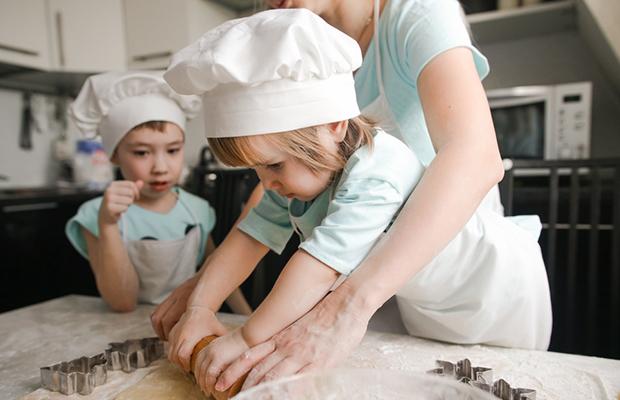

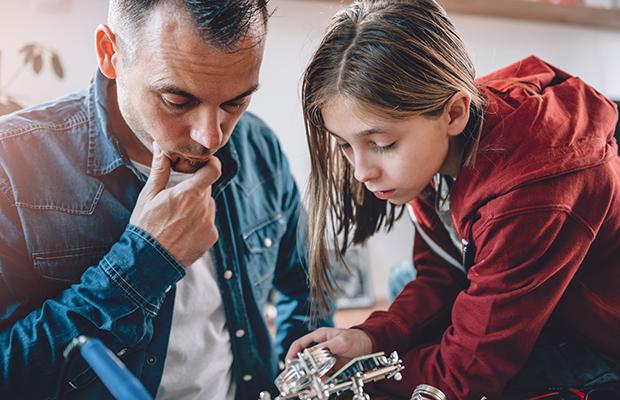
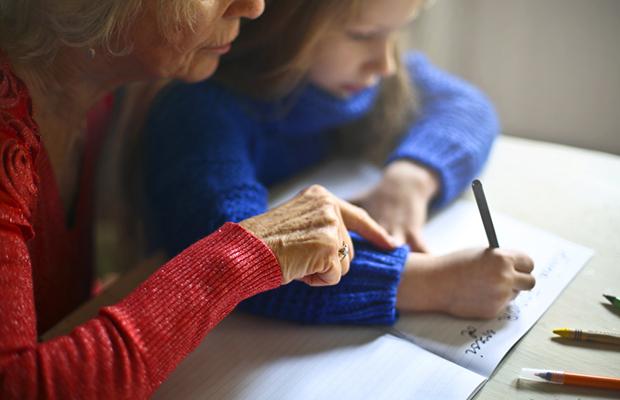
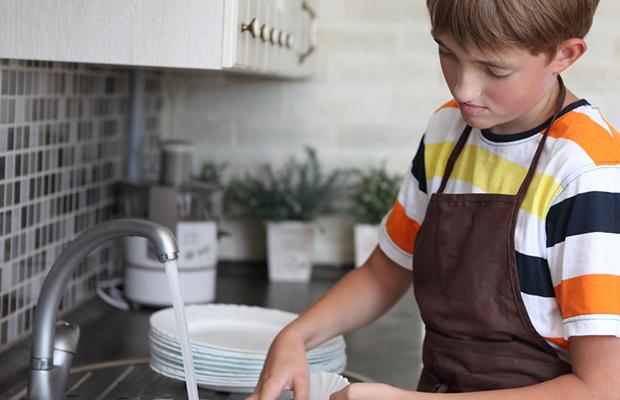
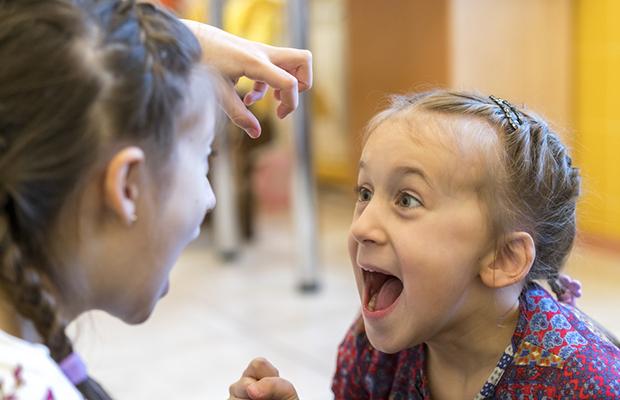



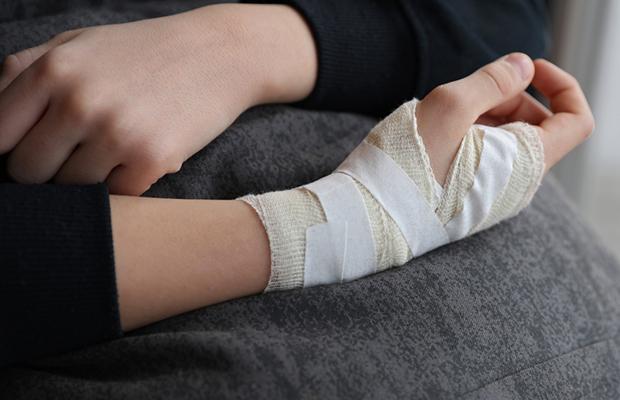




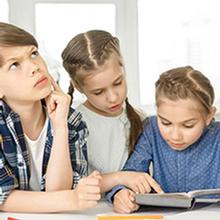


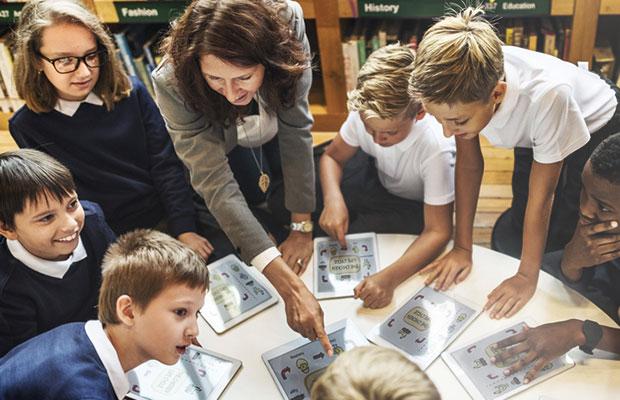


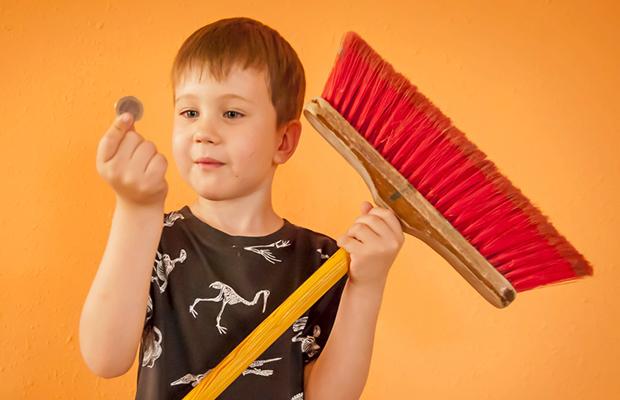
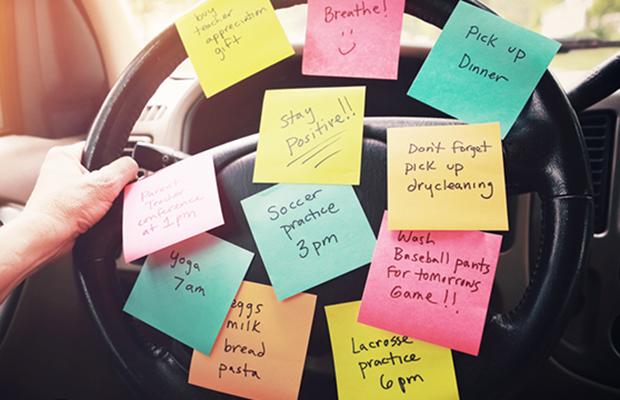

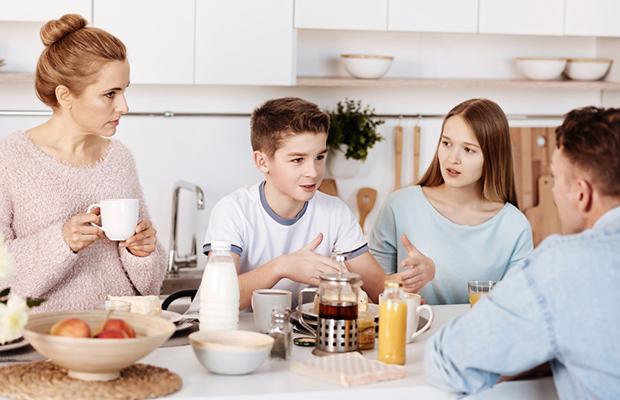
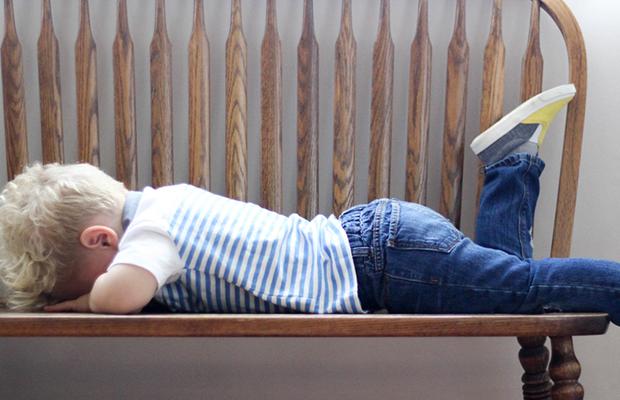

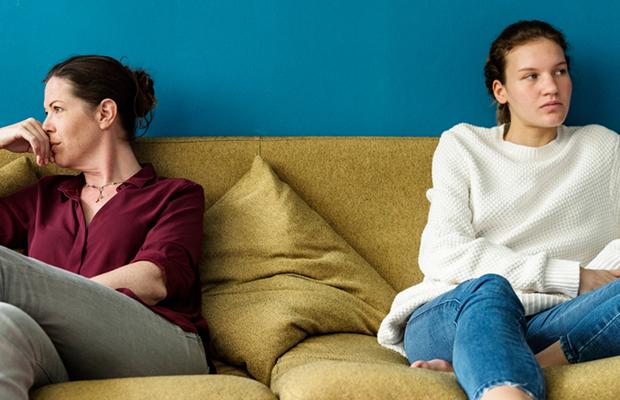










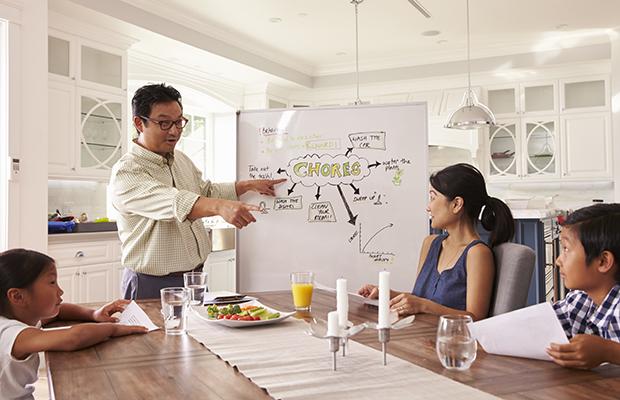

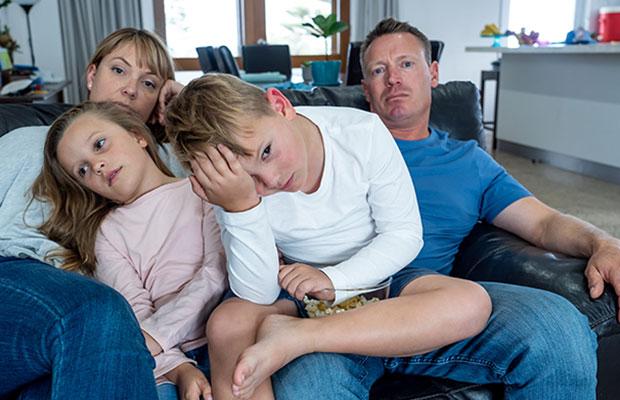

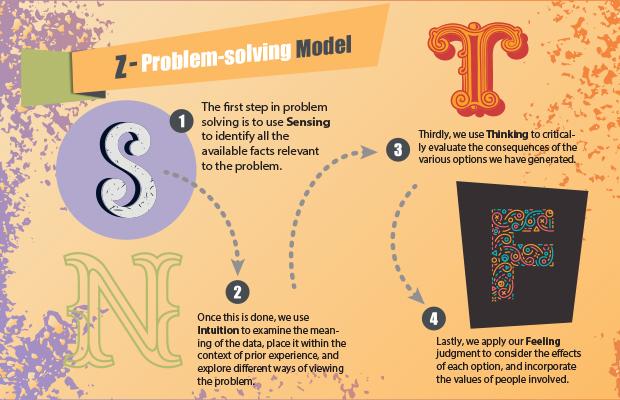
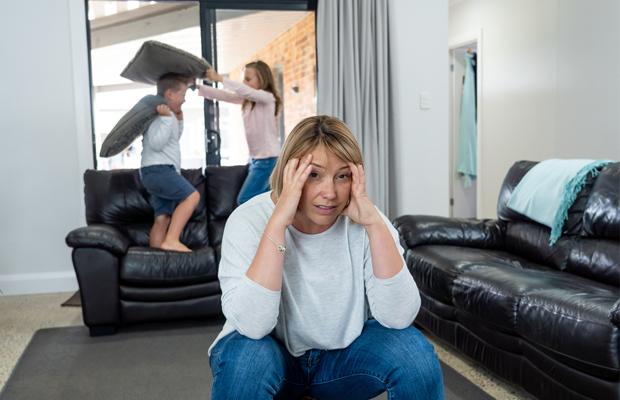
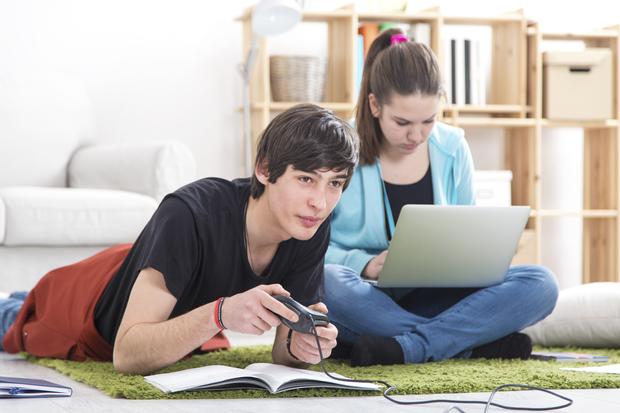


















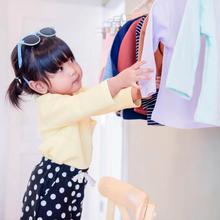

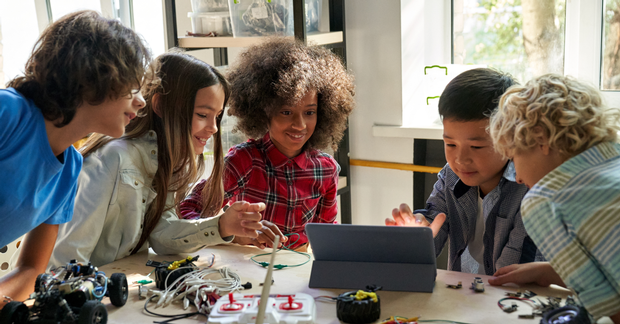
.png)

_thumb.png)



_thumb.png)
x.png)

.png)
.png)

